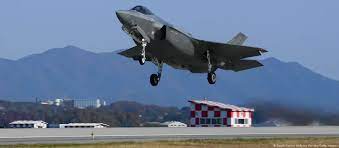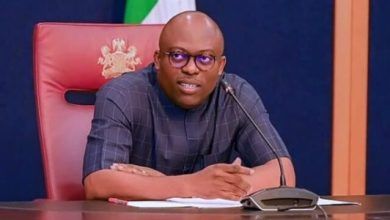
By Olushola Macaulay
Independence Day is typically a time for citizens to come together, celebrate their achievements, and look forward to a brighter future. As Nigeria commemorates its 63rd Independence Day, it is hard not to reflect on the state of the nation and wonder if there is indeed anything worth celebrating. However, for many Nigerians, this year’s celebration was overshadowed by a myriad of challenges that have persisted for decades, leaving no cause for jubilation.
One of the most pressing issues facing Nigeria today is its economic struggles. Despite being rich in natural resources, the country continues to grapple with poverty, unemployment, and a fragile economy. The over-dependence on oil revenue has left the nation vulnerable to fluctuations in global oil prices, leading to economic instability. Corruption and mismanagement have only exacerbated these problems, leaving the majority of Nigerians struggling to make ends meet.
The high inflation has continued to erode the purchasing power of citizens and lead to a decreased standard of living. It has also made it more challenging for the Central Bank to conduct effective monetary policy, as it has to balance the need to control inflation with the need to promote economic growth. As at today of writing, the exchange rate is almost N1000 to a US dollar. This has continued to impact the prices of imported goods, as Nigeria relies heavily on imports for many consumer and industrial products.
The political landscape in Nigeria has been marred by instability and corruption for decades. The country has witnessed a series of contentious elections, with allegations of voter fraud and irregularities being common. The 2023 general election was not an exception. The trust in the political system is eroding, and many citizens feel disillusioned by the lack of accountability and transparency in governance. The constant infighting among political elites has further hindered progress and development.
Despite being one of Africa’s largest economies, Nigeria still struggles with inadequate infrastructure. Roads, electricity, and healthcare facilities are often subpar or nonexistent in many areas, hindering economic growth and quality of life. The lack of essential infrastructure not only limits opportunities for citizens but also discourages foreign investment.
Nigeria’s diverse population comprises various ethnic groups and religious affiliations. Unfortunately, these diversities have sometimes fueled tensions and conflicts. Ethnic and religious clashes have resulted in loss of lives and property, leading to the displacement of many communities. Building national unity has proven to be a formidable challenge, and divisions continue to threaten the country’s stability.
The country has also been plagued by pervasive security concerns that have made daily life for many citizens a nightmare. Boko Haram, a terrorist group operating in the northeastern part of the country, has been responsible for countless acts of violence, including kidnappings, bombings, and mass killings. In addition to Boko Haram, banditry and communal conflicts have erupted in various regions, resulting in loss of lives and displacement of communities. The inability of the government to effectively address these security challenges has left many Nigerians feeling unsafe in their own country.
As Nigeria marks its 63rd Independence Day, it is evident that there is a long way to go before the nation can truly celebrate its achievements and progress. The economic struggles, security concerns, political instability, infrastructure deficiencies, and ethnic tensions all cast a shadow over the festivities. While the spirit of resilience among Nigerians is commendable, the country needs more than just celebrations; it needs comprehensive and sustained efforts to address these pressing issues.
It is crucial for Nigeria to reflect on its journey since gaining independence and reevaluate its priorities. Only through concerted efforts to combat corruption, promote economic diversification, and ensure the security and welfare of its citizens can Nigeria hope to truly celebrate its independence in the future. Until then, the 63rd Independence Day serves as a stark reminder of the work that remains to be done in order to achieve a brighter and more prosperous future for all Nigerians.
Olushola Macaulay writes from Dallas, Texas





